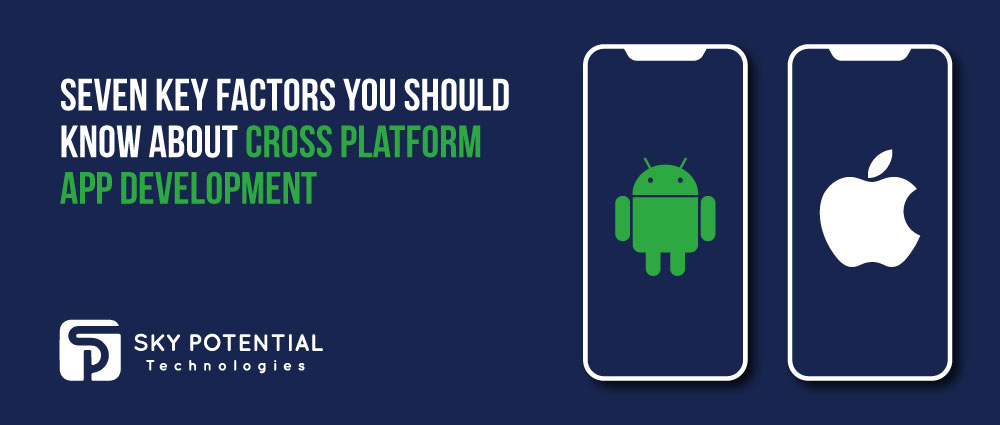- AI

Artificial Intelligence

Smart Products & Services
We follow Smart Products & Services

Intelligent Business Functions & Processes
We follow Intelligent Business Functions & Processes

Robotic Process Automation
We follow Robotic Process Automation

Personalized
healthcareWe follow Personalized healthcare

Identifying at-risk patients
We follow Identifying at-risk patients

Optimized routing and scheduling
We follow Optimized routing and scheduling
- ML

Machine Learning

Predictive
AnalyticsWe follow Predictive Analytics

Service Personalization
We follow Service Personalization

NLP
We follow NLP (Natural Language Processing)

Stock Market Forecasting
We follow Stock Market Forecasting

Fraud Prevention
We follow Fraud Prevention

Recommender engines
We follow Recommender engines
- blockchain

Blockchain

Public Blockchain
We follow Public Blockchain

Private Blockchain
We follow Private Blockchain

DEFI
We follow DEFI Blockchain

Initial stake pool offering development
We follow initial stake pool offering development
- IOT

Internet of Things
- AR
- Business Solutions

Business Solution

Business Performance Management
We follow Business Performance Management

Decision Making & Big Data Analytics
We follow Decision Making & Big Data Analytics

Enterprise Data Management
We follow Enterprise Data Management
- Apps

Apps

Native Apps
We follow Native Apps

Cross Platform Apps
We follow Cross Platform Apps

Web Apps
We follow Web Apps

Hybrid Apps
We follow Hybrid Apps

Cloud Native Apps
We follow Cloud Native Apps
- Lab

Seven Key Factors You Should Know About Cross Platform App Development
In today’s era of mobile development, apps hold a unique significance in the market. They have core importance among businesses and individuals. Companies use smartphone apps for the fast execution of their tasks and saving their time.
Nowadays, there is a considerable demand for apps in every field of industry in the United States and all around the world. People use apps for gaming, utility, finance, and many more purposes. Due to the rise of app demand in the market, many app development companies emerge on the scene, and the top leading organizations are Google and Apple. They build popular app operating systems named Android and IOS (iPhone operating system).
As the demand for apps increases, the value of app developers also rises. Many companies hire mobile application developers who build dynamic and functional apps for customers and release them in the market. The original version of smartphone applications is a native platform. It is a built-in app development that requires dedicated coding languages like Objective C, Java, and Kotlin.
Native apps are built and run on specific operating systems such as android, ios, windows, blackberry, and Symbian. Customers use multiple devices and operating systems and want the same application on different platforms.
For this very reason, the new idea of cross-browser platform apps is introduced in the market. They work on the concept of WORA (Write Once, Run Anywhere). It provides comfort and convenience to developers to write one code for all platforms.
Here are the seven things that you must know about cross platform app development services:
Single Code Base App Development

The primary concept of introducing cross-platform application development is single code. Developers find it difficult to write programs for different native platforms that run within the specified environments, such as task management, health, and fitness apps for android or IOS.
Having a single code base makes it easier for developers to write one code on various devices, browsers, and OS platforms. Now, android, ios, windows, and blackberry users can use similar apps on cross platforms. It saves plenty of time, effort, and resources to create multiple versions of apps for different operating systems.
Decreases Expenses

Using the flutter app development is favorable and beneficial for businesses. It costs them less in development due to a single code for all. The expenses of hiring more developers reduce to one and only developers. In native development, you need to appoint a dedicated team of developers to build a novel app from scratch. The cost of development cuts down in cross-platform development that creates your app within your desired budget limit.
High-Speed Performance

A cross-platform app development supports the high-speed performance of creating apps that run faster on any device and OS platform. It gives an excellent performance, but minor issues in hardware happen that can be resolved quickly.
The robust functionality of cross-platform apps makes them ideal for everyone. They can run on desktop, laptop, smartphone, tablet, intelligent connected devices, and personal digital assistants (PDAs). It is an easy-to-use app version for businesses and individuals and better than native and hybrid application program interfaces.
Works with Numerous Framework Platforms

One of the excellent benefits of cross-platform app development is that it works with all major frameworks. These frameworks are flutter, react native, Apache Cordova, Xamarin, Phone Gap, Native Script, and Appcelerator. They are built with a responsive but straightforward design and possess excellent features with having no technical issues.
Wider Reach to Audience

The core purpose of choosing cross-platform app development is to provide a broader reach to the audience. It gives customers access to find your business on multiple frameworks and platforms like android, iOS, windows, blackberry, and Symbian. These apps are built on Linux and Apple Macintosh operating system (Mac OS) for desktop users.
Use of Programming Languages

The ease of using cross-platform development is that it can be developed on different high-quality programming languages. For instance, it can be built on Html, CSS, JavaScript, Objective C, C++. Kotlin, Java, C-sharp, PHP, Python, and Swift. Many seasoned developers use these languages for creating actionable mobile apps for businesses and individual customers.
Increases Installations, Downloads, and Purchases

Due to cross-platform app development, there has been a tremendous rise in purchases, installations, and downloads of mobile applications. Customers are eager to buy, install, download, and upgrade apps on their smartphones and multiple other devices to increase sales and revenues. It also increases the visibility of new apps in the apple store and google play.
Conclusion
Hence, in a nutshell, those mentioned above are worthwhile factors to know about cross-platform application development. They are highly cost-effective and provide ease of maintenance and deployment. Customers find the comfort of reusability and uniformity in utilizing the same code for different platforms. There is a vast demand for react native app development in the mobile industry, and it will prevail in the future.
Also Read: The Small Readable On Augmented Reality App Development

















































Leave a Reply